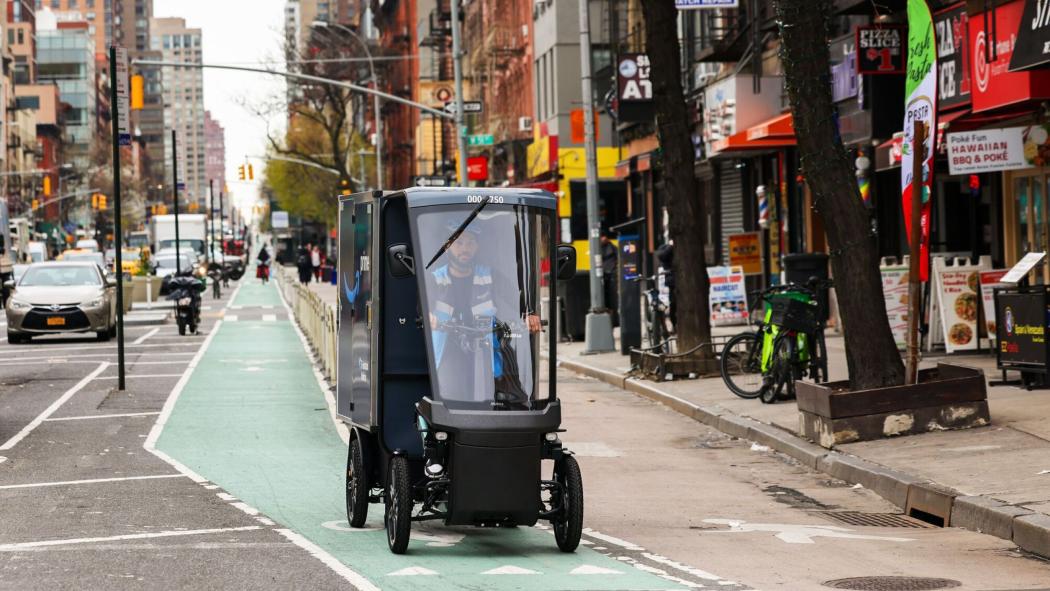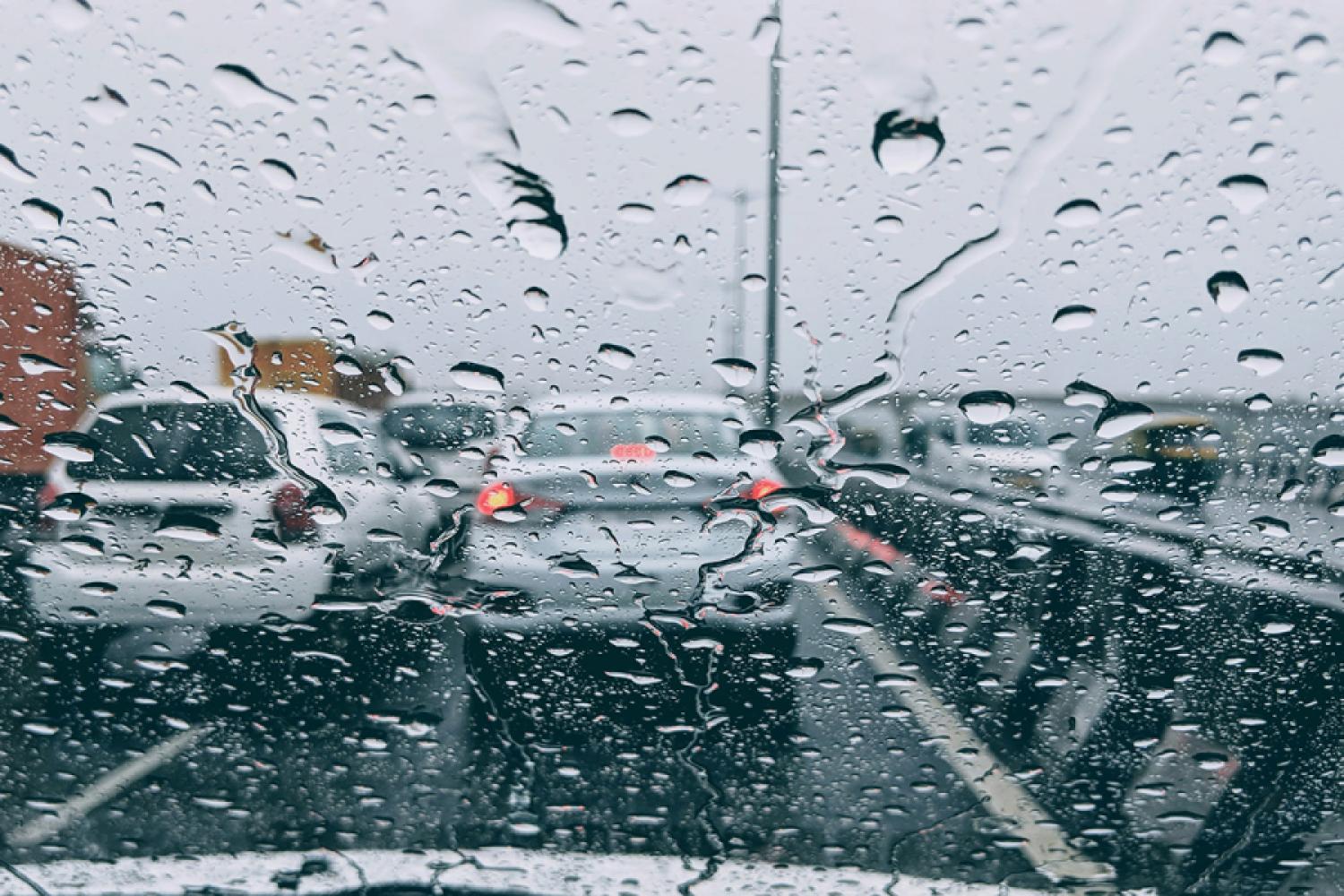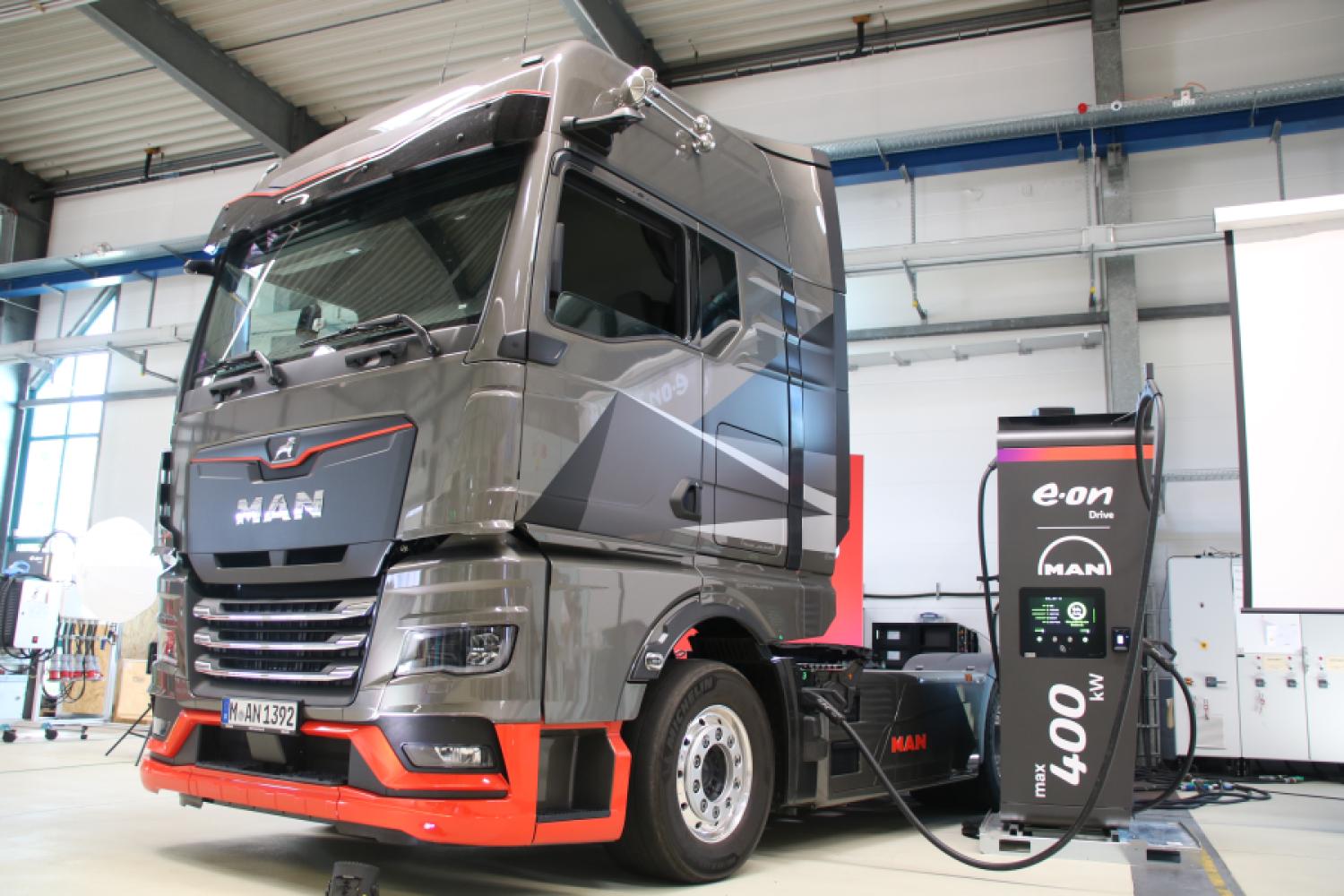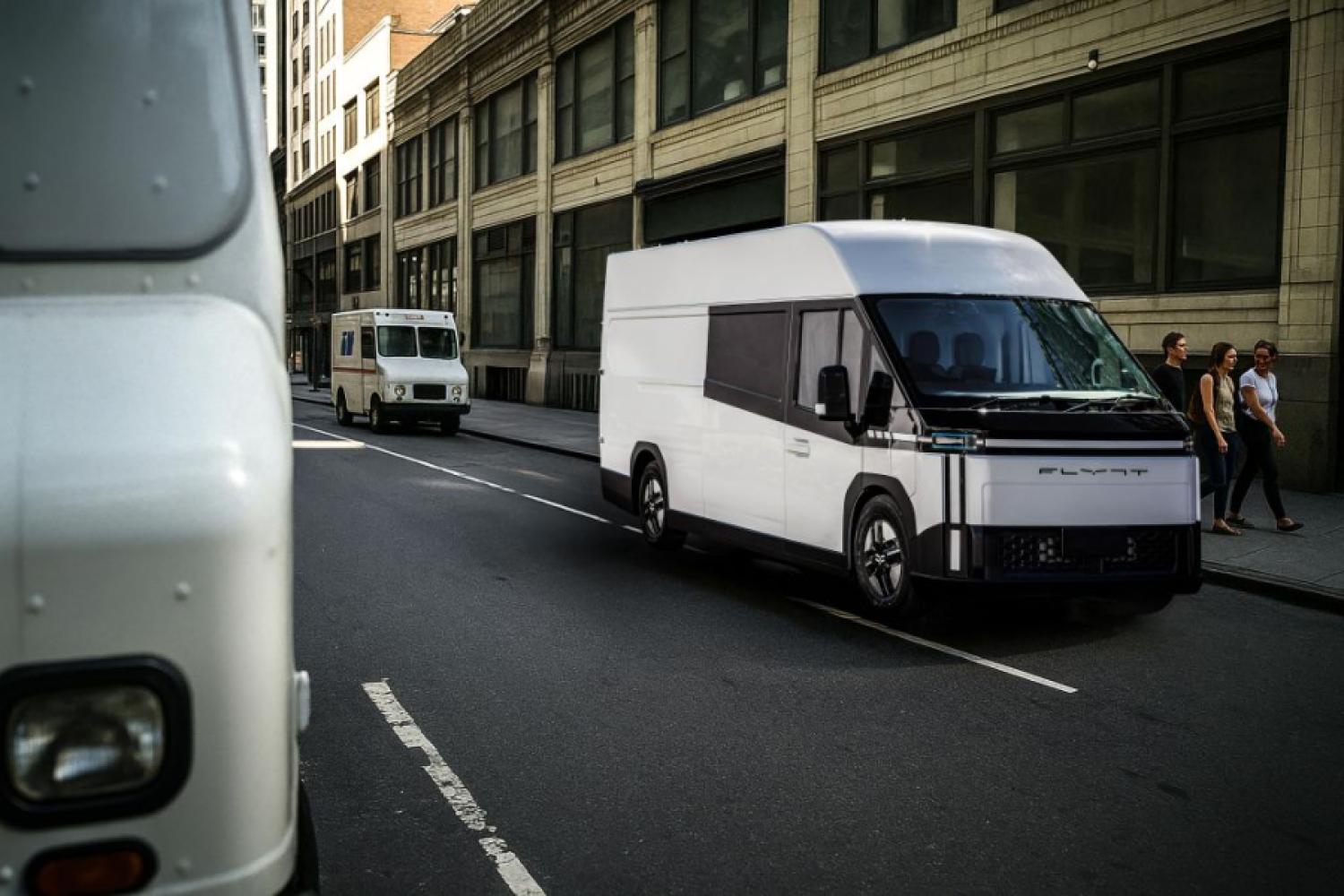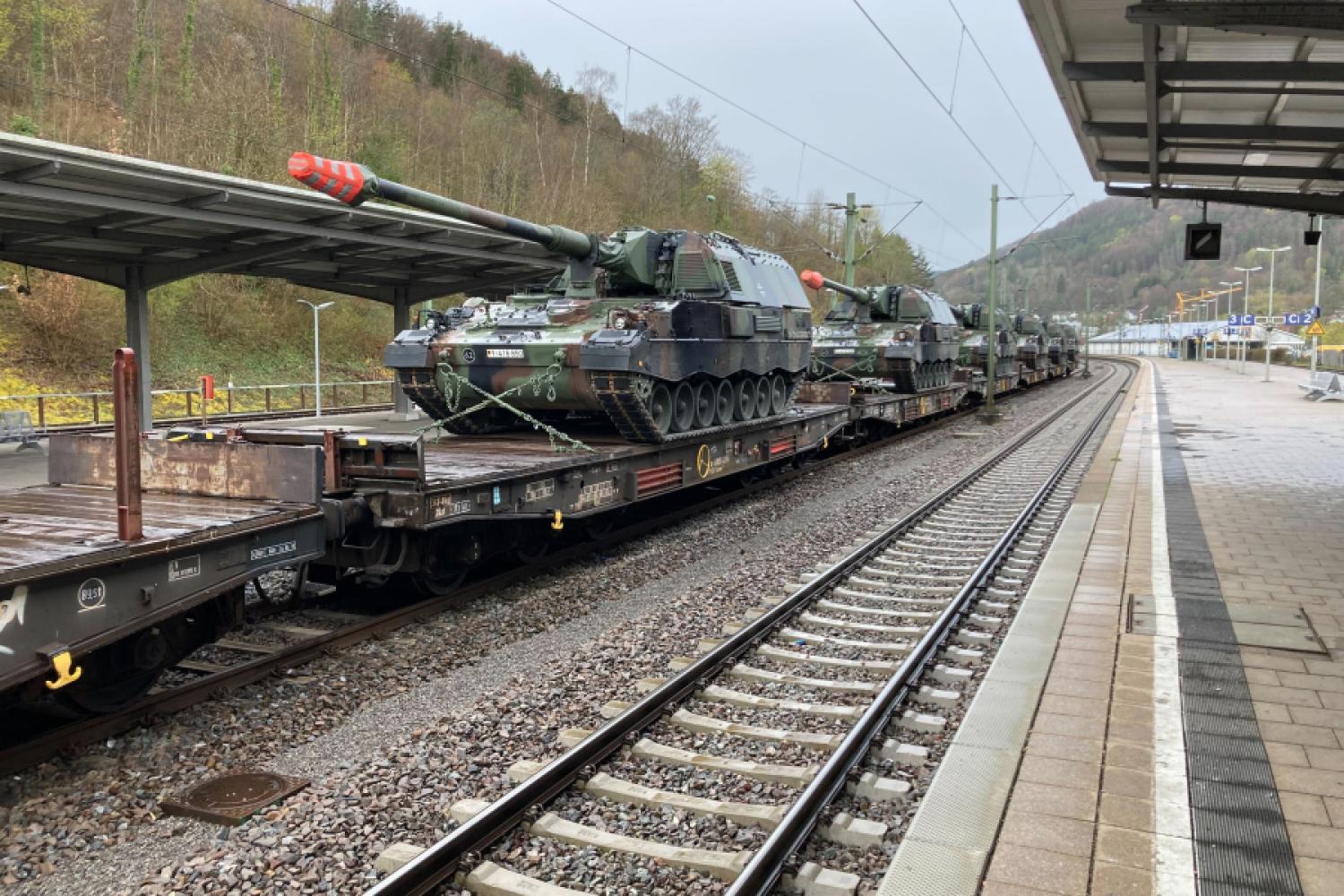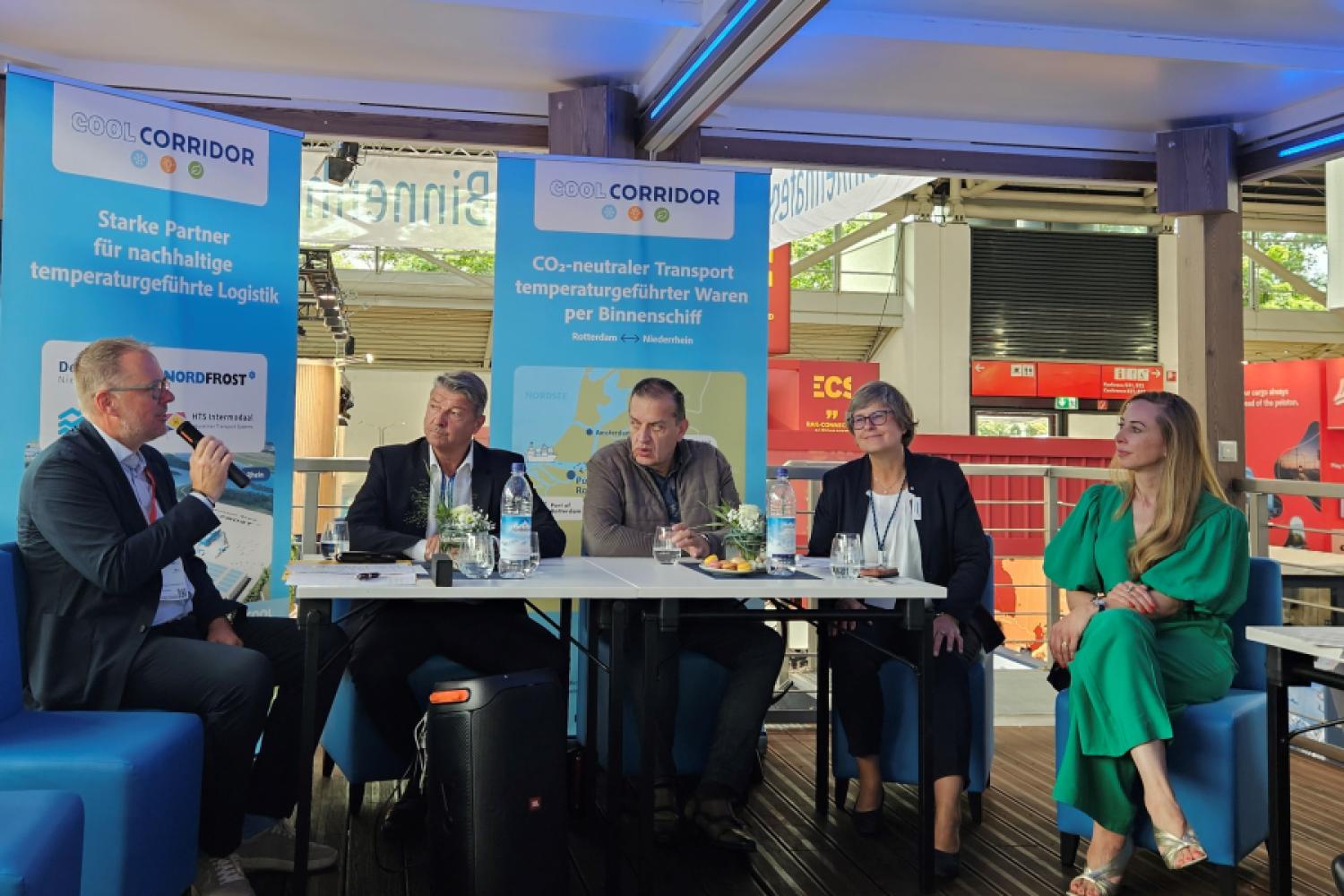From traffic and congestion to limited parking - delivering Amazon packages in large, dense cities like New York requires a different approach to accommodate the unique complexities and characteristics of the city. The internet giant Amazon is convinced of this, especially in the so-called CEP sector, and now publicly showcases it extensively, as recently demonstrated on the company's own news site. In Germany, they are increasingly using e-cargo bikes for package delivery, such as the Cargo M model from the German manufacturer Mubea, which, in addition to high robustness and reliability, features a two-cubic meter cargo space, an important criterion for practicality.
New York is a pioneer among the cities. Since residents receive over two million deliveries daily, the company has begun to explore new and innovative ways to reach customers' doors – or, in this case, lobbies, mailrooms, and doors. This effort supports the goal of delivering with fewer emissions to fulfill the commitment to the Climate Pledge and continues delivering at the fastest speed for Prime members, as stated by Jeff Bezos's
company.
As early as 2019, the e-commerce pioneer, which had long not operated its own fleet, announced its goal to deploy 100,000 electric delivery vehicles from its development partner Rivian and began establishing alternative delivery methods such as e-bike deliveries to relieve city traffic congestion, avoid exhaust emissions, and simultaneously create jobs. In 2024 alone, more than 60 million packages were delivered to customers through these programs in New York City, the company reports.
E-cargo bikes have been used for delivery for six years
Also in 2019, they started testing e-bikes for food deliveries in New York. Today, the majority of food deliveries from Whole Foods Market and Amazon Fresh in Manhattan are conducted with e-bikes, like those from Mubea. The e-bike pilot project was expanded to Brooklyn in 2023, where the Delivery Service Partner (DSP) delivers thousands of packages to customers daily. The Bezos company continues to invest in its e-bikes and is working to expand its micromobility in the city. In 2024, they began testing a new e-bike model in Brooklyn, and
in May, the company announced the introduction of more than 250 of these e-bikes in the city this year to deliver packages to customers in Manhattan on the same or next day. They are working closely with New York’s Department of Transportation to establish protected bike parking spaces for cargo bikes, where cyclists can charge customer orders securely and park their bikes.
"Amazon has demonstrated its leadership and commitment to innovative and safe micromobility solutions, especially for bike delivery. These micromobility solutions significantly contribute to the city's and the region's sustainability goals by avoiding vehicle emissions and preventing traffic congestion. These are important and positive steps toward the larger goals of making New York a safer, healthier, more sustainable, and fairer city," advocates Tom Wright, President and CEO of the Regional Plan Association.
The deliveries reach customers on hundreds of bicycles throughout New York, joining the over 60 micromobility centers serving more than 45 cities in Europe, including the Netherlands, Austria, Belgium, France, Germany, Italy, Spain, and the United Kingdom. In New York, many
customer orders are delivered by DSP Delivery Associates even on foot. More than 1,300 Delivery Associates in Manhattan and a small part of Queens actually use hand carts to deliver packages daily. In 2024, they delivered up to 250,000 packages daily, saving hundreds of vehicles on the roads each day, according to the company.
Role Model for Metropolises like London and Paris
This model has also been adopted in European cities such as London and Paris. Small businesses, from cafes to bodegas, have been delivering packages to customers in Manhattan since 2023. The hub delivery program is a flexible way for small business owners to increase their profits and connect more closely with their local community, the company promotes the concept. Each hub delivery partner in Manhattan delivers about 30 packages daily within a few blocks of their business, working with their staff and aligning with the business's operating hours. The program is currently available in India, Japan, Mexico, and Spain and is seeking partners in rural areas and major cities in the USA,
